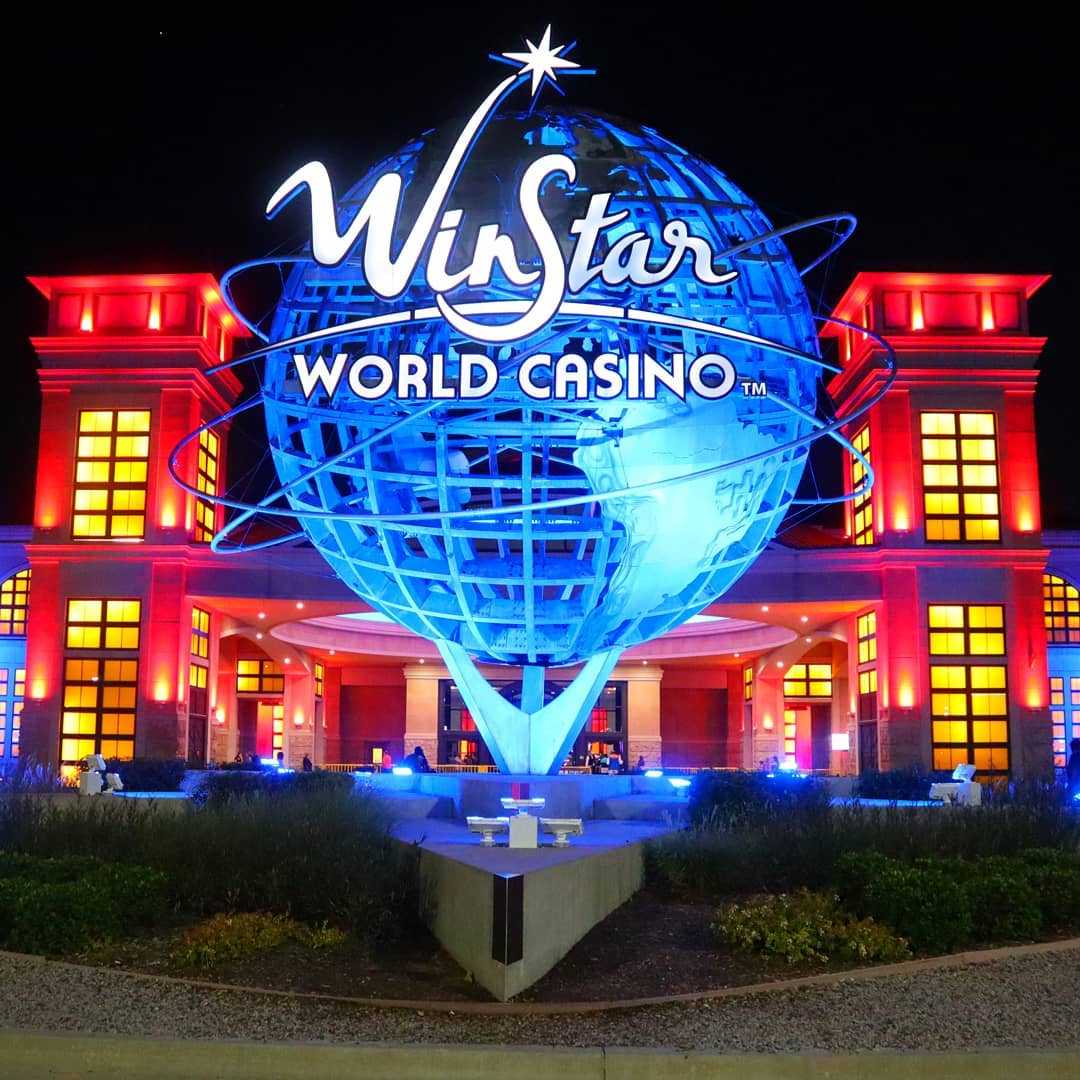In what way Gaming Experiences Mirror the Mankind's Journey

Casino entertainment have long been a significant aspect of human culture, providing not just entertainment but a fascinating reflection of our dreams, ambitions, and fears. From the turning reels of a slot machine to the skill-based strategies of poker, these games represent a range of human sentiments and experiences. At their core, casino games are not just a chance to earn cash; they are a snapshot of life itself, where danger and gain converge and fortunes can change in an instant.
As players assemble around tables or sit in front of vibrantly illuminated machines, they take part in a tradition that transcends mere playing. These games mirror our natural desires for connection, thrill, and the quest for chance. They also unveil deeper truths about human psychology, such as our relationship with luck and the adrenaline of uncertainty. In exploring casino games, we discover not only the rules of play but also the complex weave of the human experience, showcasing our intertwining narratives of aspiration and reality.
The Mind Behind Gambling
Wagering is deeply rooted in the psyche of individuals, appealing to various feelings and desires. The excitement of taking risks is a fundamental aspect that attracts participants, whether the excitement of spinning a roulette or the anticipation of drawing a winning hand in poker. This rush of adrenaline is often compared to other forms of excitement, as the unpredictability of outcomes elicits a unique psychological response. Players often find themselves entranced by the possibility of winning big, leading to an almost magnetic draw toward casino games.
Another, a crucial component of the psychology behind gambling is the concept of optimism and ambition. Participants often nourish dreams of financial freedom and the opulent lifestyle that can accompany winning. This optimism fuels their ongoing participation in casino games, as it provides a sense of purpose and the conviction that a transformative win could be just one bet away. The story of beating the odds and achieving success resonates with many, reinforcing their commitment to play and involve themselves with these games.
Finally, social dynamics play a significant role in gambling psychology. Gambling venues are designed to promote social interaction, where gamblers gather to share the journey of wins and losses. This shared aspect not only amplifies enjoyment but also affects behavior, as individuals often mimic the actions of others around them. The collective approval found in shared excitement can magnify the emotional experience, making casino games a reflection of not just personal desires but also collective engagement within the gaming community.
## The Dual Nature of Risk and Reward
Casino games embody the subtle balance between danger and reward that resonates profoundly with the human experience. The excitement of placing a bet is often accompanied by a surge of excitement, as participants are confronted with the prospect of a huge payout, yet cognizant of the possibility to suffer losses. This twofold experience reflects a core aspect of life: the decisions we face often come with intrinsic risks, and the pursuit of reward can drive us to make risky moves we might not typically consider. In this way, casino games reflect real-world choices, enticing gamblers to risk not just their funds, but also their aspirations.
The allure of grand jackpots and payouts fuels a feeling of positivity, motivating players to imagine a more promising future that could arise from a lucky spin of the roulette or turn of a card. This positive outlook can compel individuals to engage in riskier behaviors, urging them to extend their limits in search of financial gain. https://sv388.voyage/ However, just as in life, the outcomes of these risks can lead to both triumph and failure. The narratives of both jackpot winners and those who have lost everything at the tables demonstrate the random nature of luck and its impactful effect on our futures. sv388
Ultimately, the interaction of engaging with gambling activities serves as a potent reminder of the nature of humanity. Every round played is imbued with the tension of risk, as gamblers weigh the gains against the dangers. This interaction not only highlights the excitement that comes with betting but also reveals the weaknesses that come with the urge for more. As we journey through the complexities of decision-making and results in both the gambling world and in life, we find that the quest for gain shapes our identities and journeys in significant manners.
Society and Loneliness in Casino Culture
Casino culture is a distinct blend of social engagement and personal endeavor, reflecting the contrasts of individual experience. Players often gather around games, sharing in the thrill of the game, celebrating wins, and commiserating over losses. This social aspect is crucial, as it creates a sense of community and camaraderie among varied groups of people. Regular visitors to casinos may build friendships and establish routines, turning the gambling venue into a second home where they feel connected to a greater community of gamblers.
However, the attraction of casino activities can also result to isolation. As players become engrossed in the excitement of gambling, they may isolate from personal relationships or fail to engage with the environment outside the casino. For some, the pursuit of a windfall can overshadow genuine connections, leading to isolation. The experience of being surrounded people yet experiencing solitary is not rare, as the attention shifts from shared enjoyment to the individual stakes of each player’s path.
This interplay of society and isolation creates a vivid tapestry that defines gaming culture. It highlights the complexity of social interactions, where happiness and sorrow exist together. Gambling venues serve as both a refuge for social interaction and a stage for individual struggles, illustrating how deeply entwined our yearning for connection and the personal quest for wealth can be. In navigating this environment, players confront their own stories—seeking both the thrill of the game and the companionship of other gamblers, eventually reflecting the wider spectrum of human experience.
